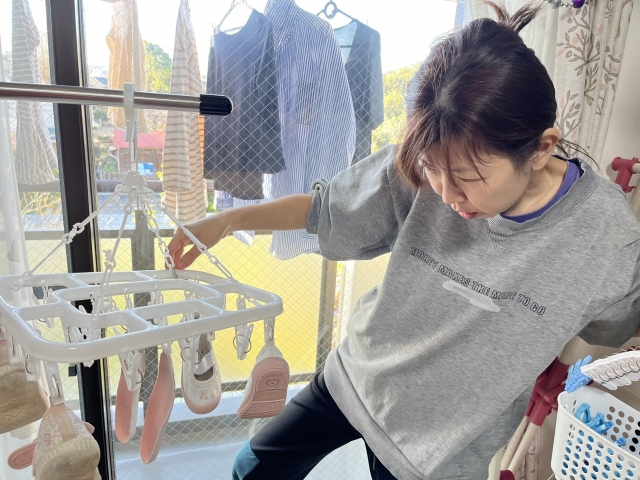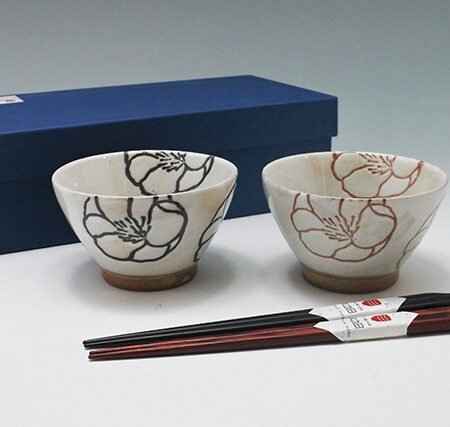Japan is said to have a stronger tendency towards male superiority compared to other countries in the world. Especially when compared to Western countries where “ladies first” is common, the harsh treatment of Japanese women may be surprising.
From the perspective of gender equality in Japan, there is also a need for improvement on an international level. Japan was ranked 125th out of 146 countries in the Global Gender Gap Index by the World Economic Forum in 2023, which is the lowest rank among the G7 nations. Gender inequality in Japan can be seen in various aspects of social life, including politics, economic participation, employment opportunities, and wage disparities.
Why is there such a disparity in the status of men and women in Japan? It is believed that Japan’s deep-rooted male superiority has been fostered by a combination of historical, economic, and cultural backgrounds. Let’s introduce the causes of male superiority in Japan.
Historical Background for gender gap in Japan

In Japan, women have been restricted in terms of educational and professional opportunities for a long time. In the early stages of modernization, there were fewer opportunities for women in higher education, and in the workplace, they were mainly limited to secretarial or supportive roles. Men were expected to achieve professional success and support the family, while women were expected to focus on childcare and household chores within the family. This gender-based division of labor has also been influenced by Confucianism, which has been transmitted to Japan from ancient times.
Economic Background for gender gap in Japan

Japan has the second worst gender wage gap in the world. Many women in Japan work as “non-regular” employees, which contributes to the widening wage gap. Non-regular workers are commonly employed on fixed-term contracts with low wages, and opportunities for regular employment are limited. Women often choose non-regular employment over full-time regular jobs to balance family and work, further widening the wage gap.
Cultural Background for gender gap in Japan

Traditional gender roles are also a deep-rooted cause of the gender disparity in Japan. Men are expected to protect family honor and serve as the breadwinner, while women are often confined to roles within the home. In Japanese culture, the traditional division of labor where men work long hours and women protect the home still remains strong. It was common for women to quit their jobs and focus on childcare and housework as “full-time homemakers” upon marriage. This option of becoming a full-time homemaker has been culturally ingrained over a long period, and even if women want to continue working after marriage, they often feel pressured by culture to quit and become full-time homemakers.
Moving Towards Gender Equality in Japan

In Japan, several key measures are underway or planned to achieve gender equality. In particular, new laws have been introduced to increase the number of female managers and promote women’s participation in society, requiring large corporations and public institutions to set specific goals and action plans. Additionally, companies are encouraging men to take parental leave to support childcare. While the traditional parental leave system was mostly utilized by women who gave birth, efforts are being made to have men take parental leave and share childcare responsibilities.
The Japanese government is also working on providing technical training and educational support for female students to promote women’s education and empowerment. Furthermore, Japan has promised to increase donations to UN Women and contribute to official development assistance aimed at addressing issues related to gender equality, development, and peace in the international community.
Summary
we have looked at the causes of gender disparity and male superiority in Japan, which have been shaped by a combination of historical, economic, and cultural factors.
However, with the acceleration of women’s social advancement and globalization, it is clear that the current situation cannot continue. We Japanese must recognize the deep-rooted situation of male superiority and change our mindset towards resolving it.










コメント